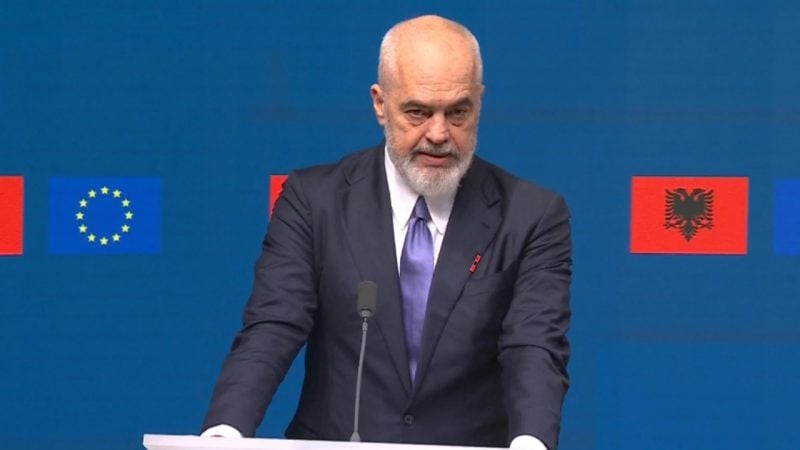 The Washington Agreement Must Be Reactivated!
The Washington Agreement Must Be Reactivated! 
In 2007, the Albanian government enacted what might be considered as
their most important reform, the flat tax at a level of 10%. Despite the
skepticism that was expressed at the time even by the internationals,
the new tax increased the revenues of the state budget for the first two
years with 20%, but this was also helped by the strong price increase,
which gave the government the possibility to collect more money. But the
golden era of the state budget ended very soon.
After 2008, the revenues stopped increasing and the flat tax did not create any more incomes for the government. While the government was unable to collect more money, the expenses were having an unstoppable increase, dictated by the electoral influences and the international crisis, putting the government’s finances in difficulties. The flat tax is not the main cause of the debt increase.
While the revenues had increased with 37 billion ALL, the expenses grew almost twice. The government was obliged to finance the difference with loans, increasing Albania’s debts. The question here is: who is the real responsible for the debt increase? The 10% flat tax, or the electoral expenses? Best government experts admit that the 10% tax cannot handle a higher expense level than 30% of the GDP.
If the government would spend more, the debt would automatically increase.
During 2009, the budget expenses reached 34% and debts hiked. But was this an isolated case, or a tendency that cannot be stopped? More than 80% of the budget expenses are current expenses, which cover wages, pensions, debt interests and social protection services.
Since 2007, the expenses of these economic items, led by the pensions, increased with more than 46 billion ALL. The growth of these items is 7 billion ALL more than the addition revenues that the government collected from the flat tax. The fact is that trying to stop this hike, is almost mission impossible.
Our country’s finances are recently feeling the consequences of another factor: the Durres-Kukes highway, the cost of which never stops and will still be felt by the budget for the next three or four years. Even this year, in the first five months, Betchel Enka took from the government other 100 million USD for the tunnel works.
In conditions when economic growth is slowing down, as it has happened in the past three years, the financial situations gets even worse. By the end of this entire panorama, the government has placed a bet: how will it stabilize the finances without increasing taxes? As told by the International Monetary Fund, for this year Albania must take one of three painful measures: to freeze wages and payments, to slow down the investments or to increase taxes. The three of them have high political and economic costs.
Top Channel







